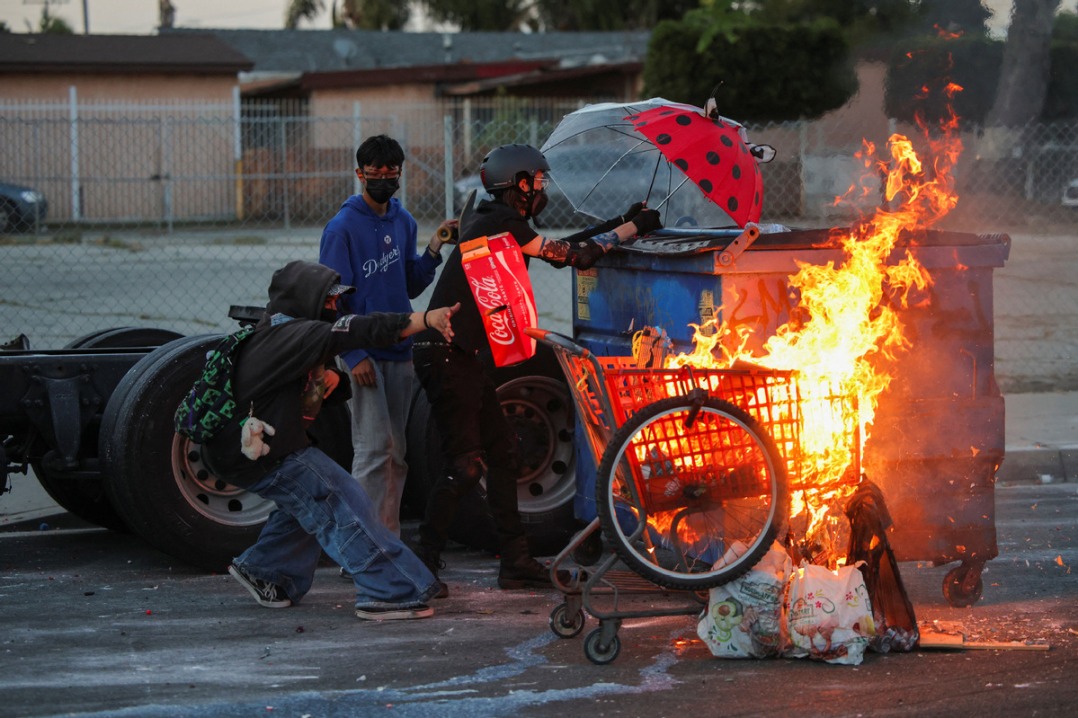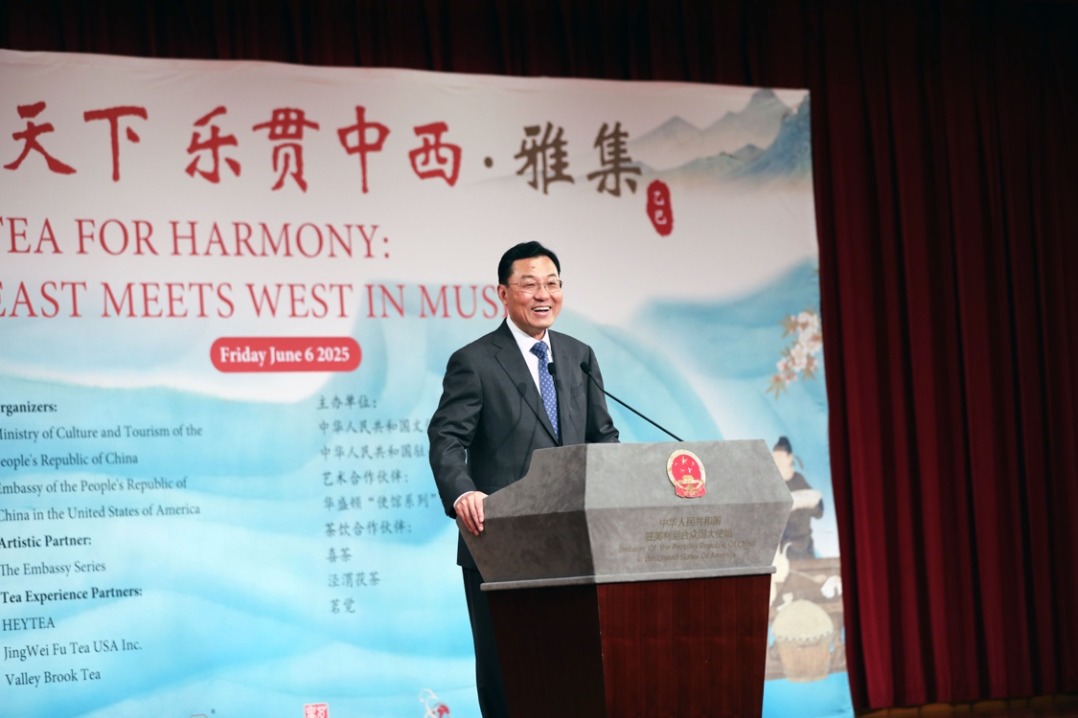Workers in US balk at going back to the office


Some companies may call workers back to the office now that there are two COVID-19 vaccines available in the US, but getting them back after months of working from home may not be easy, according to surveys.
Personal preference and concern about the coronavirus are the major reasons why.
A recent University of Chicago survey of 15,000 Americans shows that remote working has been a positive experience and better than expected for the majority of companies and workers.
But concern about getting sick from the novel coronavirus also ranked high on workers' reluctance to return to the office, according to a Pew Research Center survey in October of almost 6,000 US adults released Dec 9.
The survey and one by the University of Chicago were done before the Food and Drug Administration gave authorization for emergency use of Pfizer's vaccine on Dec 11 and Moderna's on Friday.
Almost a third of workers in the Pew survey said they would feel "very uncomfortable'' returning to work, but 58 percent expressed concern over being exposed to the virus that causes COVID-19. More women than men were concerned about illness, and black and Hispanic workers were more likely to be worried than white employees, the survey showed
The University of Chicago survey said 70 percent of its respondents expressed a reluctance to return even when a vaccine is widely available. They cited concerns about riding trains and crowded elevators or dining indoors at restaurants.
But most Americans now working at home may have to return to work.
"With the new vaccines being available, employers will be able to mandate employees get vaccinated as soon as possible and return to work," Phil Blair, executive officer of employment company Manpower, said at a recent Econometer panel discussion in San Diego, California.
Working from home remains popular with most people. More than half of US employees surveyed say they would like to keep remote arrangements beyond the pandemic, according to the Pew survey.
One-third of those surveyed said they want the option to telework at least sometimes. Only 11 percent said they "rarely or never'' want to work from home, according to the survey.
A recent LinkedIn survey found similar results. The professional networking online service found that 63 percent of professionals say they would choose to continue working from home in some capacity when their offices reopen. One-quarter of those surveyed want to permanently work from home.
Employees also said they were potentially willing to trade as much as 8 percent of their salaries to continue working from home, according to the University of Chicago study. The study concluded that remote work following the pandemic could raise productivity as much as 2.4 percent, according to the paper released Dec 2.
Employees under 50 — especially those with children — reported being less able to stay motivated and on task, according to the Pew survey.
One-third of those surveyed reported feeling less connected to their co-workers, and about 1 in 5 said they have diminished job security and opportunities for advancement.
As for office building-vacancy rates, occupancy has been declining since late October and hit 17.6 percent in November, according to analyses of 10 big metropolitan areas by Kastle Systems, which provides security solutions for commercial real estate owners.
San Francisco ranked as the most closed city with only 11.6 percent of offices occupied in early December.
Christian Beaudoin, managing director of research at JLL, one of the world's largest commercial real estate services companies, said in some markets such as Midtown Manhattan, vacancy rates are the highest they have been since 2009. The long-term historical average of commercial office space vacancy is 15.3 percent, and the national vacancy rate is just 16 percent now, he said, "so we aren't in dire straits quite yet".
"We surveyed thousands of employees and users of commercial properties,'' he told Marketplace. "Most are telling us they want to return, just not every single day.''
































